The Language of Prayer
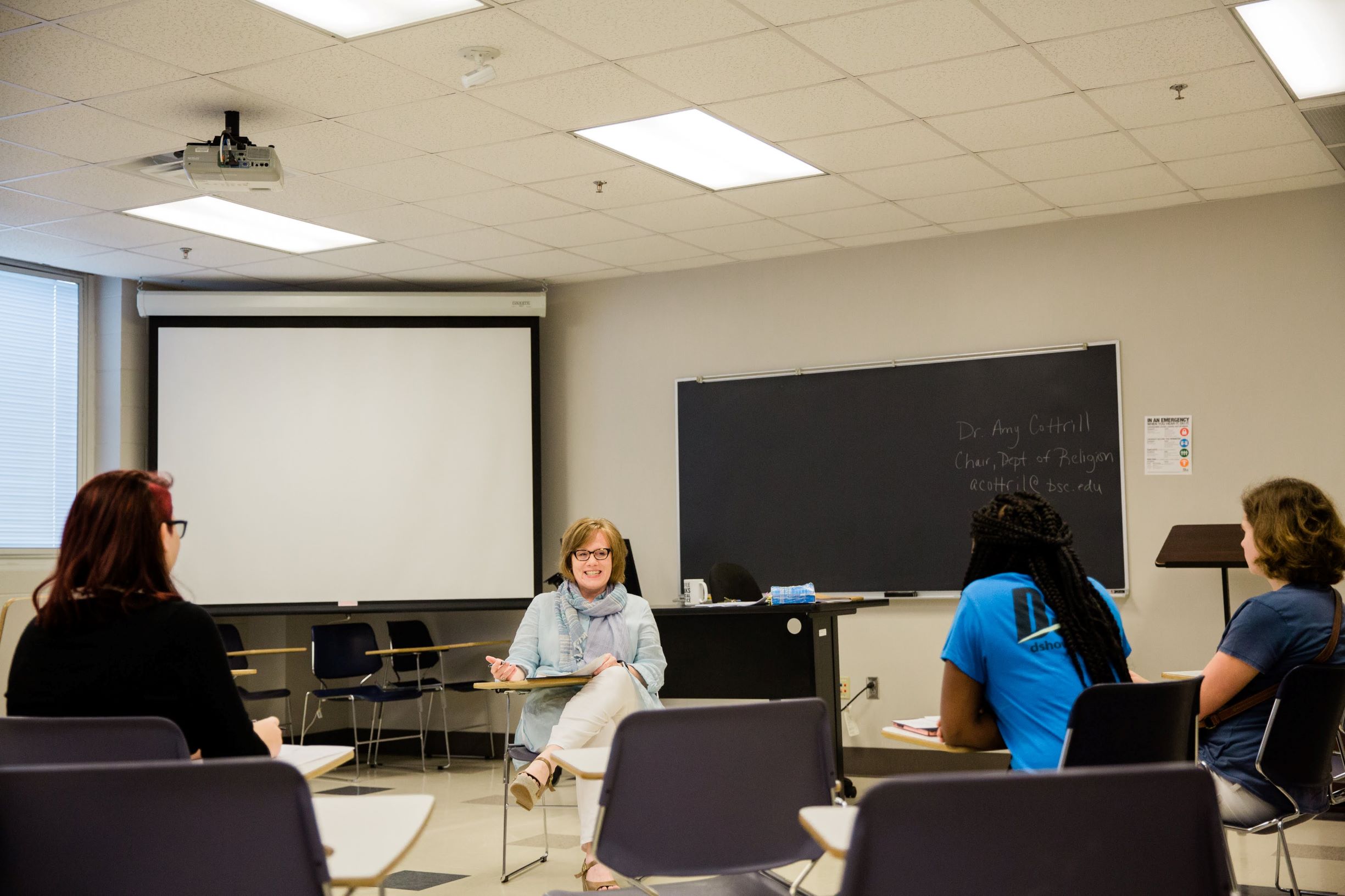
From her earliest memories, Dr. Amy Cottrill’s life has been influenced by the value of stories.
The daughter of a Methodist minister and a high school English teacher, Cottrill was raised with an appreciation for Scripture and English literature. These two interests aligned into one passion when she discovered her love of teaching as an English major at Earlham College, a small, Quaker-affiliated liberal arts college in Richmond, Indiana, that she describes as “very similar in some ways to BSC.”
“I knew I was interested in teaching because, looking back on it now, I can see that I was sort of making notes about how my professors were teaching, observing how they structured the classroom and how they created the context in which we could have discussions,” says Cottrill, the Denson N. Franklin Professor of Religion at BSC.
Although she did not major or minor in religion in her undergraduate years, Cottrill was encouraged in her pursuit of religious studies by a religion professor who admired the way that she, as an English major, read and interpreted the Bible through a literary lens. After earning her bachelor’s degree in English from Earlham and working for a year, she enrolled at Methodist Theological School in Delaware, Ohio, feeling that her place was not in the pulpit, but in the classroom.
In her first year of seminary, she felt a calling to the Hebrew Bible and its interpretation through language study. “The stories of the Hebrew Bible are just so rich and so powerful,” she explains. “They’re just sort of untamable— you can read them and reread them and still find more to discuss, and that was very intriguing to me.”
This intrigue led to a Certificate in Modern Hebrew from Ulpan Akiva, the leading Hebrew instruction institute in Israel. Immersion in the Hebrew language heightened her lifelong interest in the Psalms, which became the subject of her 2006 dissertation for her PhD in Hebrew Bible from Emory University and her 2008 book, “Language, Power, and Identity in the Lament Psalms of the Individual,” published the year after she joined the BSC faculty.
“I was always interested in thinking about the theology of the language of these prayers,” she says. “This is an inherited language and inherited discourse that’s been given through centuries and now millennia to modern readers. So what is the theology that we sort of participate in when we use these prayers today?”
The question of theology and ethical engagement in a modern context took on a new layer of meaning for Cottrill and her students as they dove deeper into specific Psalms and other Bible passages that depict violence. This exploration sparked the conception of Cottrill’s new book, “Uncovering Violence: Reading Biblical Narratives as an Ethical Project,” scheduled for publication by Westminster Knox Press this fall. Exploring the narratives of Jael’s killing of Sisera, environmental devastation and failures of legal systems in Ruth, and Abigail’s mediation with King David, Uncovering Violence presents strategies for reading that help prepare readers to better recognize, interpret, and respond to violence and its many effects, within and beyond the text.
Above all, Cottrill credits her students at BSC for helping her make this book a reality. “The one thing I want to emphasize about my new book coming out is how thankful I am for the many students who have talked about these stories with me over my 14 years at BSC,” she explains. “I literally could not have written this book without those students who so willingly engaged in difficult conversations with me about those stories, and I think many of my students will hear echoes of our previous discussions in the chapters of the book. The thing I love the most about teaching at BSC is the way my students become part of my writing.”

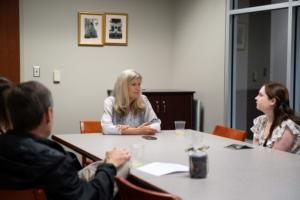
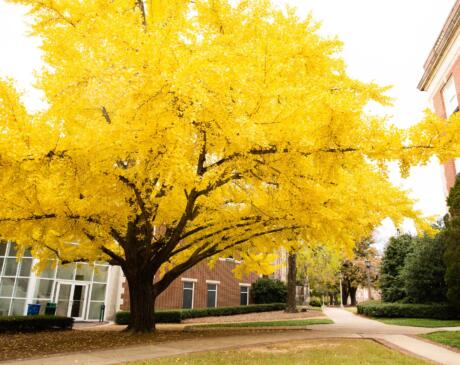
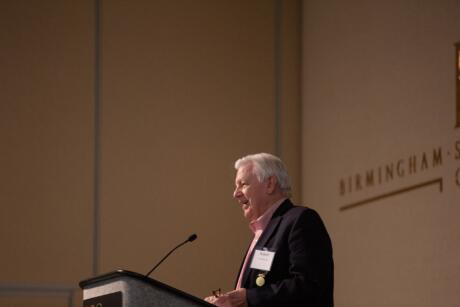
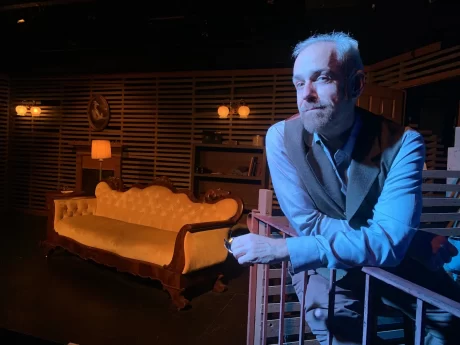
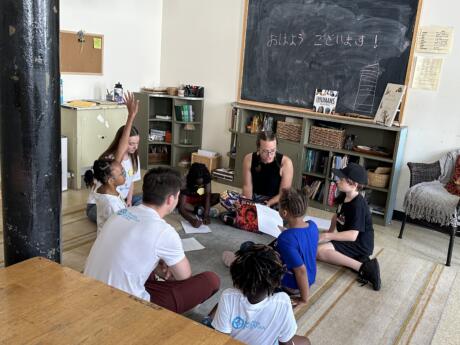

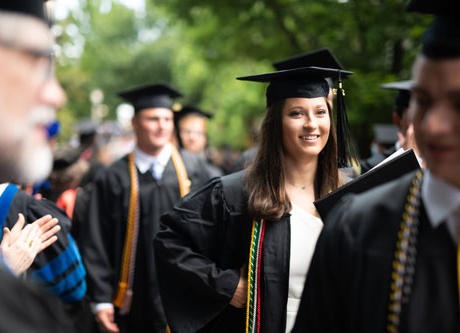

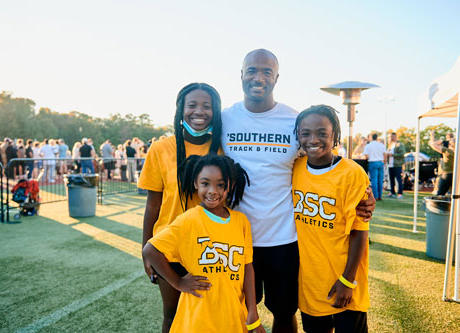
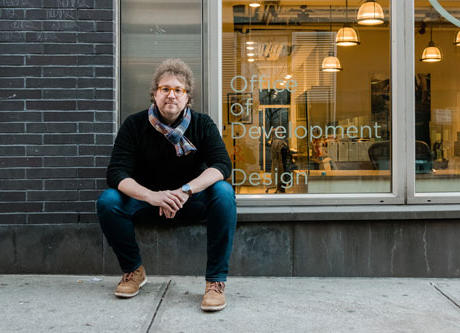
// Comments are closed //